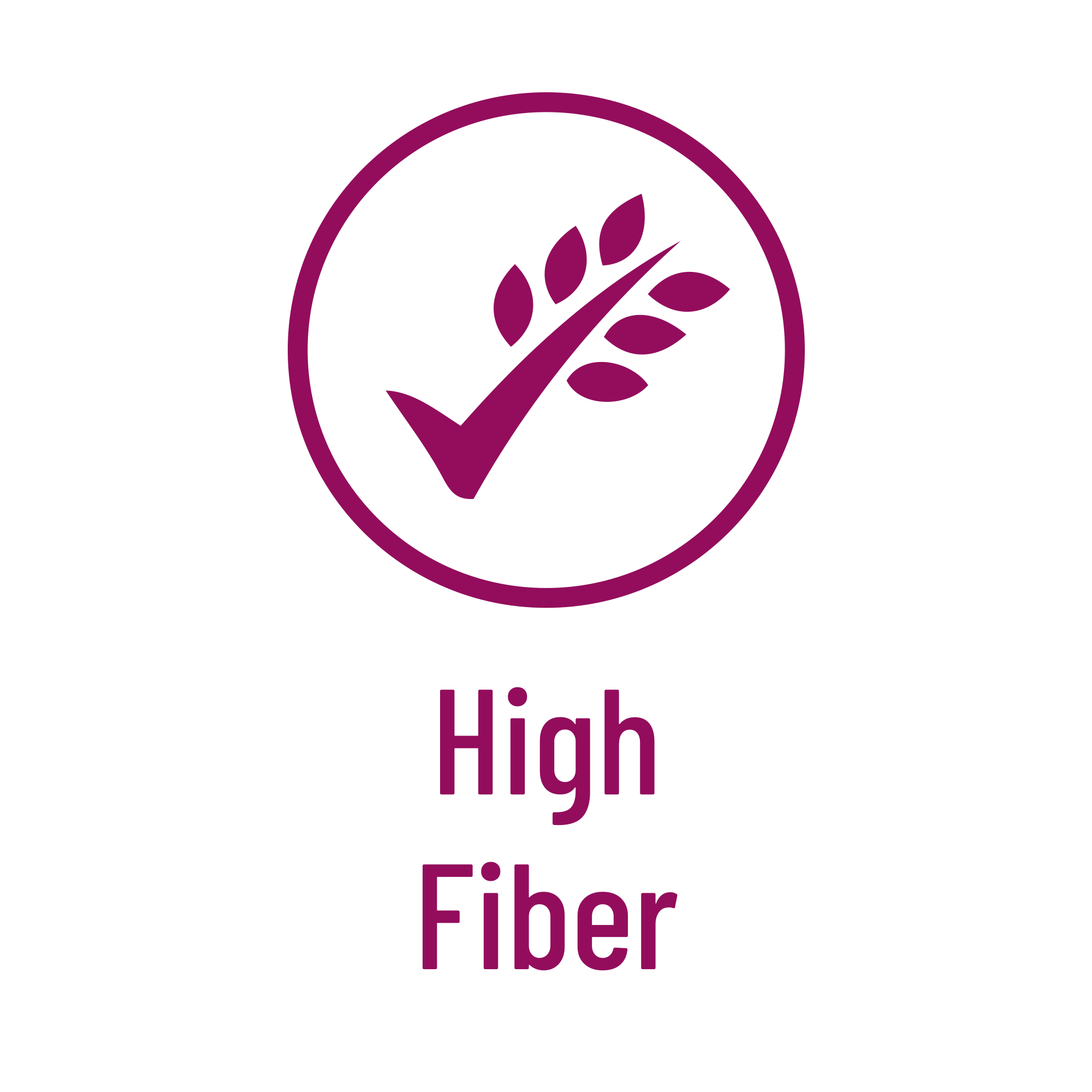Why are plant-based protein powders superior to whey?
Protein powders have become a staple in the fitness world, with many people using them to supplement their workouts and achieve their fitness goals. However, with the rise of plant-based diets and concerns about sustainability, more people are turning to plant-based protein powders as an alternative to traditional whey protein. In this article, we will explore why plant-based protein powders are superior to whey and why you should consider making the switch.

The Benefits of Plant-Based Protein Powders

Complete Protein Profile
One of the biggest misconceptions about plant-based protein powders is that they are less effective than whey in building muscle. However, this is not true. Plant-based protein powders, such as pea and hemp, contain all nine essential amino acids, making them a complete protein source. This means they provide the same benefits as whey protein regarding muscle building and recovery.
Easily Digestible
Another advantage of plant-based protein powders is that they are easily digestible. Whey protein can cause digestive issues for some people, such as bloating and discomfort. This is because whey is derived from dairy, which can be difficult for some individuals to digest. Plant-based protein powders, on the other hand, are free from dairy and are easier on the digestive system.
No Hormones or Antibiotics
Many whey protein powders come from cows treated with hormones and antibiotics. These substances can have adverse effects on our health and can also contribute to the development of antibiotic-resistant bacteria. Plant-based protein powders, especially organic ones, are free from these harmful substances, making them a healthier option for our bodies.
Suitable for All Dietary Restrictions
Plant-based protein powders are also an excellent option for those with dietary restrictions. They are free from common allergens such as dairy, gluten, and soy, making them suitable for people with food sensitivities or allergies. They are also vegan-friendly, making them an excellent option for those following a plant-based diet.
How to Choose the Right Plant-Based Protein Powder
Look for a Complete Protein Source
When choosing a plant-based protein powder, it is crucial to look for one that contains all nine essential amino acids. This will ensure that you are getting a complete protein source that is comparable to whey protein in terms of muscle building and recovery.
Consider the Source of Protein
Plant-based protein powders come from various sources, such as peas, hemp, and brown rice. Each seed has its unique benefits, so it is essential to consider which one will best suit your needs. For example, pea protein is high in branched-chain amino acids (BCAAs), which are important for muscle building and recovery. Hemp protein is high in fibre and healthy fats, making it an excellent option for those looking to improve their health.
Check for Added Ingredients
When choosing a plant-based protein powder, it is important to check the ingredient list for added sugars, artificial flavours, or preservatives. These can negate the health benefits of the protein powder and may cause digestive issues for some individuals. Look for a protein powder with minimal, natural ingredients for the best results.
Plant Protein vs Whey Protein:
- Whey Protein:
1. High in Branched-Chain Amino Acids (BCAAs): Whey protein is rich in essential amino acids, particularly BCAAs, such as leucine, isoleucine, and valine. These amino acids play a crucial role in muscle protein synthesis and recovery after exercise.
2. Complete Protein Source: Whey protein contains all nine essential amino acids necessary for the body's optimal functioning. It is considered a complete protein source, highly beneficial for muscle growth and repair.
3. Fast Absorption: Whey protein is quickly absorbed by the body, allowing for faster delivery of amino acids to the muscles. This makes it an ideal choice for post-workout recovery and muscle building.
4. Immune-Boosting Properties: Whey protein contains immunoglobulins and other bioactive compounds that can enhance immune function and support overall health.
- Plant Protein:
1. Rich in Fiber: Plant-based protein powders, such as peas and hemp, are naturally high in fibre. This can aid digestion, promote satiety, and support a healthy digestive system.
2. Antioxidant-Rich: Many plant-based protein powders, like soy protein and rice protein, contain antioxidants that help fight oxidative stress and reduce inflammation in the body.
3. Heart-Healthy: Plant proteins are generally low in saturated fat and cholesterol, making them a heart-healthy option. They can help lower the risk of cardiovascular diseases.
4. Sustainable and Environmentally Friendly: Plant-based protein powders are often derived from sustainable sources like legumes, grains, and seeds. Plant-based protein can have a lower environmental impact than animal-based protein sources like whey.
It's important to note that both whey protein and plant protein have their unique benefits. Depending on your dietary preferences, fitness goals, and specific health concerns, you can choose the protein powder that best suits your needs.
Conclusion
Plant-based protein powders are a superior alternative to whey protein for several reasons. They are more sustainable, easily digestible, and suitable for all dietary restrictions. They also provide a complete protein source with all nine essential amino acids, making them just as effective as whey protein in muscle building and recovery. With the rise of plant-based diets and concerns about sustainability, it is clear that plant-based protein powders are the way of the future. Consider switching to a plant-based protein powder for a healthier, more sustainable option.




